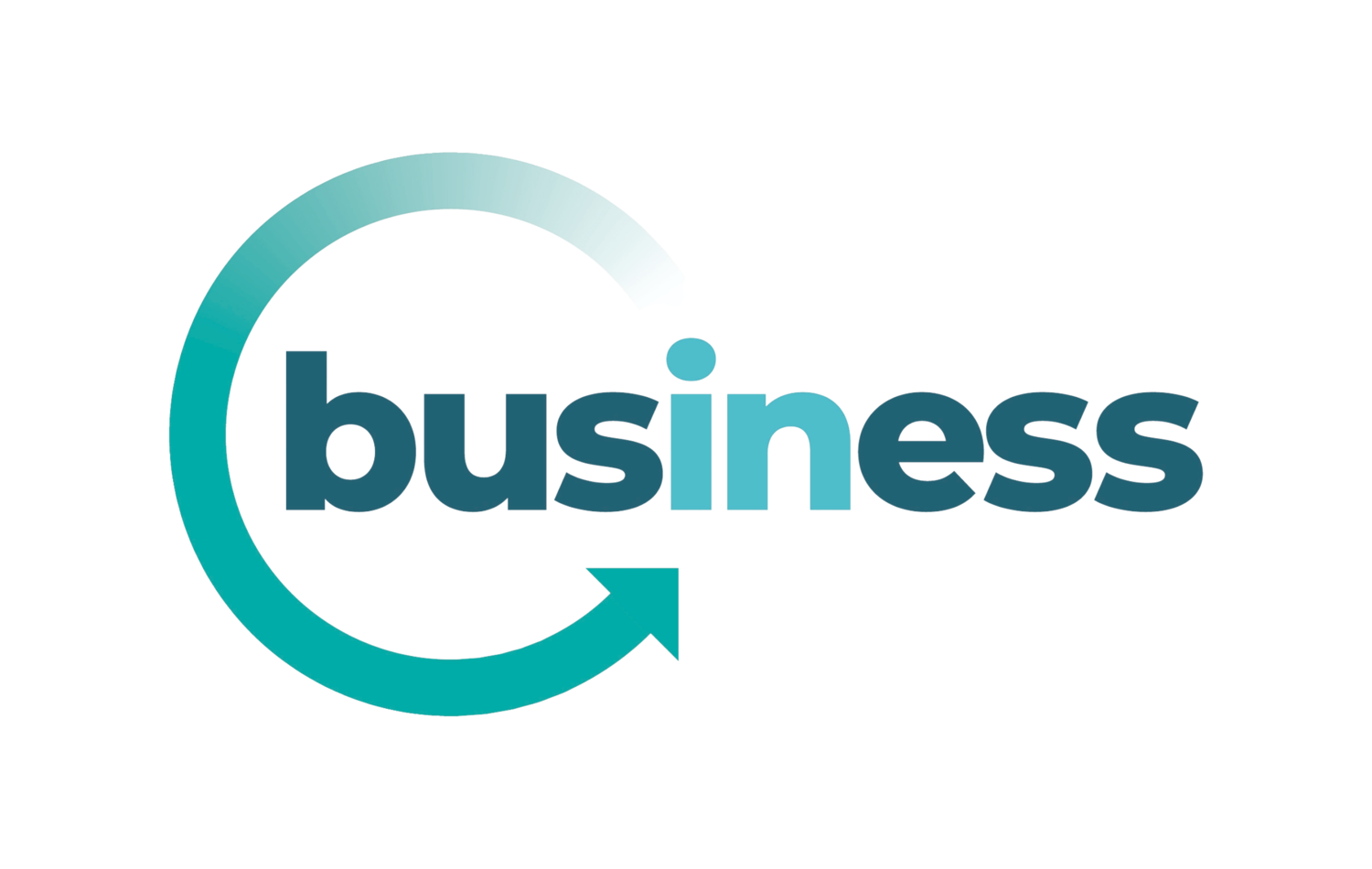Starting a small business: the first questions to ask yourself.
You’ve decided to take the plunge and start your own business. Whether it’s on your own or with a partner, you’ve got an exciting journey ahead of you. But nothing can be done well without some forward thinking.
If you’re thinking about starting your own business, here are some questions to ask yourself.
What are you selling?
Whether it’s a product or service, you need to have a clear idea of what you’re going to be selling. Having a niche is important. It provides the foundation for every next step you make on your business journey.
What’s your USP?
Your USP, or unique selling point, will help your business stand out from the crowd. Nowadays, there isn’t a lot that’s not already out there. Having a USP can separate you from the rest, and encourage your target audience to come to you over other businesses offering similar products.
Is there something missing in the market you want to work in? Is there something that could be done better, or differently? It’s important to ask yourself these questions before you start, so that you’re in the race from the get go.
Who are you selling to?
Once you’ve locked down your product, you can gauge who your target audience should be. Your USP and your target audience will often overlap and influence each other.
For example, if your target audience is children, your USP will probably include something specific to what’s popular amongst children.
What’s your brand?
The next step is to think about your brand. This can often be overlooked, but it’s one of the most important things you can do as part of your marketing strategy. It’s more than coming up with a name and designing a logo. It’s about deciding who you are as a company.
What are your values? How do you want to be seen by your audience? All of this will help your audience get to know who you are as a business. And people are much more likely to buy from who they know.
What’s your budget?
This might not sound like the most ‘fun’ part of starting your business, but it’s definitely one of the most important. You need to know how much you’re able to spend, based on how much profit you think you’ll make.
It’s always better to start small, work towards short-term goals, and be realistic when you’re starting up. We all love to dream big, but when it comes to budgeting, slow and steady usually wins the race. Why not download our 11 Steps to Starting Your own Business to help you on your way?
If you’re a start-up or small business owner looking for a networking group, then why not take a look at what In Business has to offer?
We’re a group of professionals who value community, connection and collaboration, and we’re always excited to meet new people. Just get in touch with us today to find out more about us.
